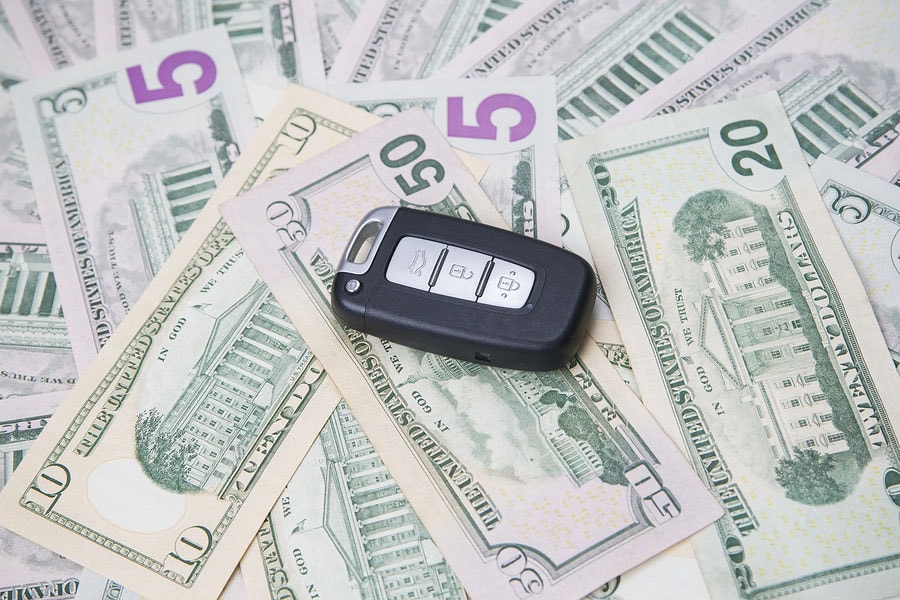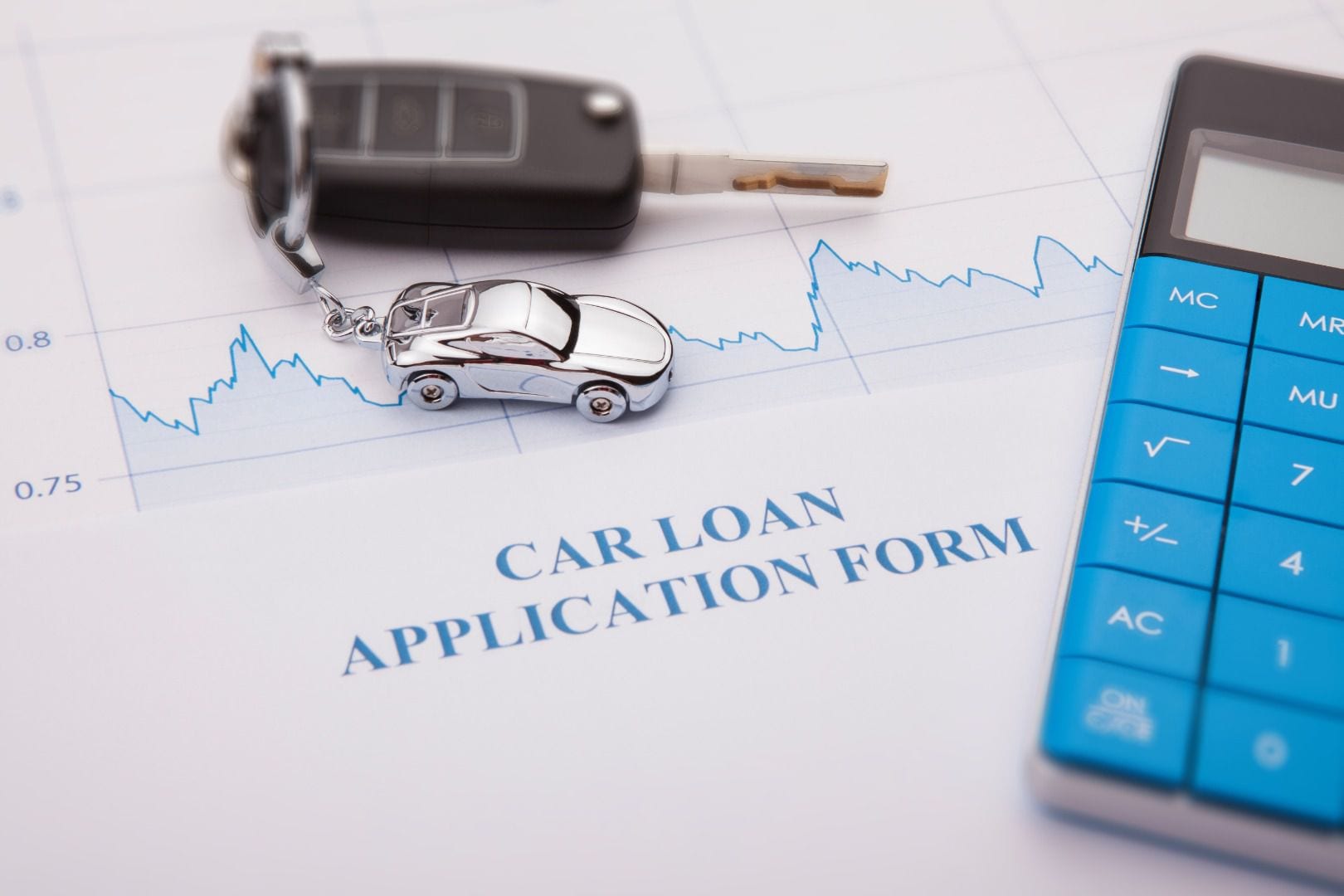Recent Articles
Popular Makes
Body Types
What You Should Know About Car Loan Modification

Car leasing ・ Photo by Adobe Stock
Times are hard. Unemployment that was near record-low levels in January is now high, and though business is cranking up again, it is expected that many who had good, steady jobs before the pandemic have found themselves suddenly out of work. For others who have retained their jobs, their working hours have been cut drastically and their income is much lower than it was just a few months earlier.
These sudden shifts can have many consequences, and one very common consequence is that many people are finding it very difficult to make their car payments. Money that was available to pay those debts early in the year just isn’t there right now. And people certainly don’t want to lose their cars. A possible solution is a car loan modification.
Car Loan Finance Explained
Before we go into the specifics of car loan modification, let’s look at car loans from the lender’s and borrower’s points of view. Borrowers want car loans so they can acquire a car they don’t have the available cash to buy outright. Instead of waiting until they have saved enough to purchase the car, they borrow the money to make the purchase and promise to repay that borrowed money over time.
To do that, they pay the lender what you might call a “service fee” (otherwise known as interest) for the use of the money over that time period. The lender makes its money by collecting the interest, which it hopes is enough to cover the costs of doing business and offers some profit.

Photo by turgaygundogdu - stock.adobe.com
What Consumers and Lenders Don’t Want
In a car loan transaction, consumers want to use the lender’s money to acquire a vehicle. They then want to pay off that vehicle in installments that, little by little, gain them additional equity or ownership stake in the car. At the completion of the loan term, they will own the car free and clear.
Lenders want to continue to collect the contracted payments over time until the loan is repaid. Consumers don’t want anything that would hinder their ability to keep driving and to eventually own the car — like being unable to make the monthly payments. Lenders don’t want that, either. They don’t want the car back, because that gives them added costs and hassles. They want borrowers simply to pay the loan off as scheduled.

Photo by Seventyfour - stock.adobe.com
What is a loan modification?
So on an auto loan, both borrower and lender want the same thing to happen — the loan to be paid off on time as outlined in the loan documents. But lenders are very aware that “stuff happens.” And a lot of time when stuff happens it hinders the borrower’s ability to repay.
Since the borrower doesn’t want to lose the car and the lender doesn’t want to take the car, the solution to the problem is a loan modification. A loan modification is a formal agreement between the lender and borrower that changes their original agreement. Borrowers want to keep the car and, presumably, want to pay off the loan to the extent possible within their changed circumstances. The lender wants the loan to be repaid and is willing to alter the terms of the agreement in an attempt to facilitate that. The borrower may ask the lender to lower the interest rate, monthly payment, principal balance, or perhaps all three.

Photo by Adobe Stock
How does loan modification differ from refinancing?
As we just outlined, a loan modification is done by the original lender. The lender works with the borrower to establish new terms that will enable the repayment of the loan.
In contrast, a refinance of a loan typically involves a second lender. The borrower who is having difficulty paying off the original loan applies to another finance company that may be able to offer a lower interest rate over the length of the existing loan, or extend the loan amount over a longer term to make the payments affordable to the borrower. This might sound appealing, but the terms associated with the refinanced loan — interest rate and loan duration — might well be far higher and more costly than in the original loan.

Photo by wutzkoh - stock.adobe.com
Is there a fee?
Refinancing a loan involves obtaining a new loan from a new lender to pay off the previous loan. It could well involve a fee in addition to higher interest costs over time. On the other hand, most lenders do not charge a fee for loan modifications.
Keeping a car owner in their car even with modified rates costs the financial institution less than the repossession and resale of a vehicle. You might believe that the lender would rather take possession of your vehicle after you have made payments on it than have you pay it off, but the costs involved with repossession and resale of the vehicle are so high that that is just not the case.

Photo by terovesalainen - stock.adobe.com
What steps do you need to take?
Before you seek a loan modification, you should take the time to prepare the story you will tell the lender. No, we don’t mean you make up a story. Instead, you should be ready to tell the lender why you can’t make the car payments you promised to make.
This will typically involve some hardship like loss of your job, highly diminished hours, or a medical emergency. Be prepared to tell the lender of your current income and about your prospects of obtaining or adding to your income in the future. This includes the prospects of finding a new job or getting added pay from your current employer. Finally, you should offer the lender an idea of how you could repay the loan under revised terms. You and the lender might not agree on the new plan, but it starts the conversation.

Photo by kodt - stock.adobe.com
Call Your Lender
The sooner you call your lender after realizing that you might not be able to make your car payment, the better it is for you in terms of getting a loan modification. The longer you as a borrower are in default, the less likely a lender will be able to consider restructuring the loan.
When you call your lender, you will be warned about the ill effects of not making your payments on time and the possibility of repossessing your car. That might intimidate you, but you should tell them you would like to find a way to pay off the loan if the loan could be modified. Some lenders offer a hardship plan in which they lower the interest rate and monthly payment, and forgive fees.

Photo by Adobe Stock
What can you expect?
Once you have started a dialog with the lender on a possible modification, the lender might offer you an alternative or two. In some cases, the lender may lower the interest rate and remove any fees associated with delinquencies. The lender may offer to add the past-due payments to the end of the loan. The lender might also allow you to make payments of interest only for a time period, resulting in a lower payment for you but extending the time it will take to repay the loan.
As the Federal Trade Commission said, “Typical auto loan modifications involve either deferring missed payments to the end of the loan or extending the loan term to reduce monthly payments. That choice actually increases the total amount you pay in interest, even with a lower interest rate. Creditors rarely reduce the amount of the principal or the interest rate in an auto loan modification.”

Photo by Monthira - stock.adobe.com
Avoid Repossession
Neither you nor the lender wants your vehicle to be repossessed. Once repossession has taken place, there is virtually no chance of negotiating a loan modification. If you don't make timely payments on your vehicle, the lender may have the right to repossess your car without going to court or letting you know in advance.
In addition, the lender may sell your loan contract to a third party, called an assignee, who may have the same right as the lender to seize your car. This makes it very clear that talking to your lender as soon as you sense you won’t be able to make your car payment is critical.

Photo by Adobe Stock
Beware of Scams
Some companies and individuals claim they can reduce your monthly car loan payment to help you avoid repossession. Frequently, they charge fees of several hundred dollars upfront, claim they have relationships with consumers' lenders, and offer as proof glowing testimonials from "satisfied" customers. They might even feature a money-back guarantee.
But the Federal Trade Commission warns these are “scam artists who are out to take your money and provide nothing in return.” In fact, the FTC recently sued companies that made claims like these, but failed to deliver the auto loan modifications they promised or to honor the refund policies they "guaranteed." What's more, in many instances, the companies never even contacted any lenders.

Photo by Yakov - stock.adobe.com